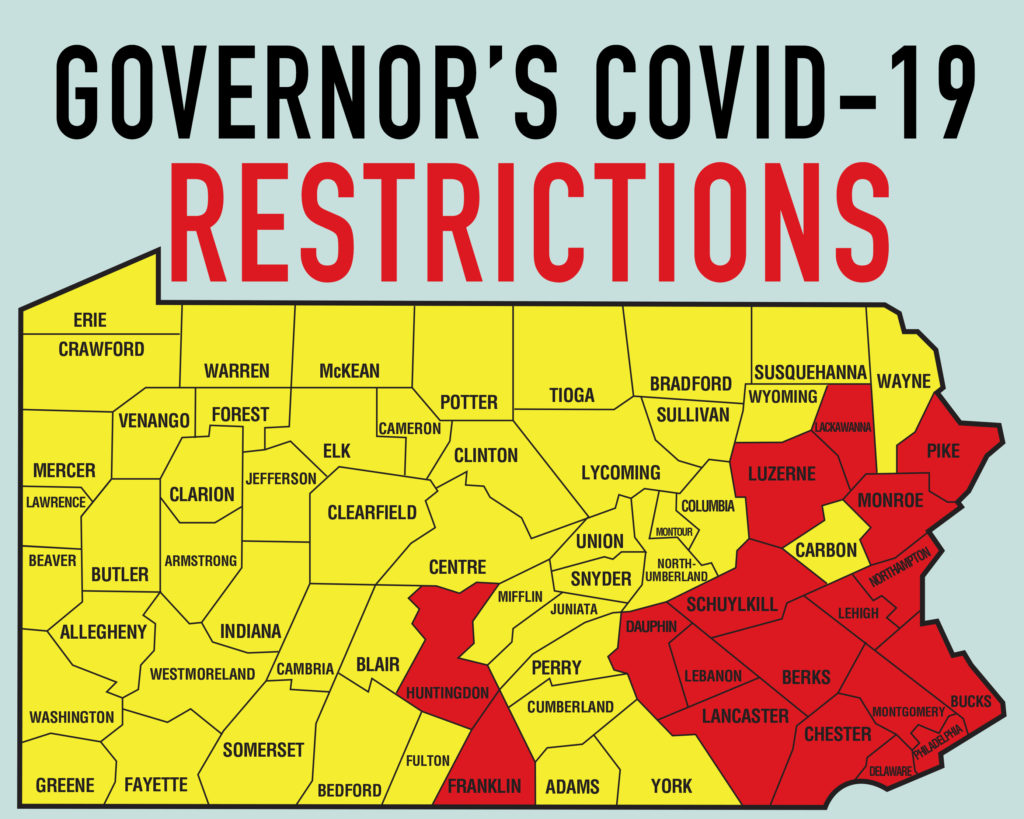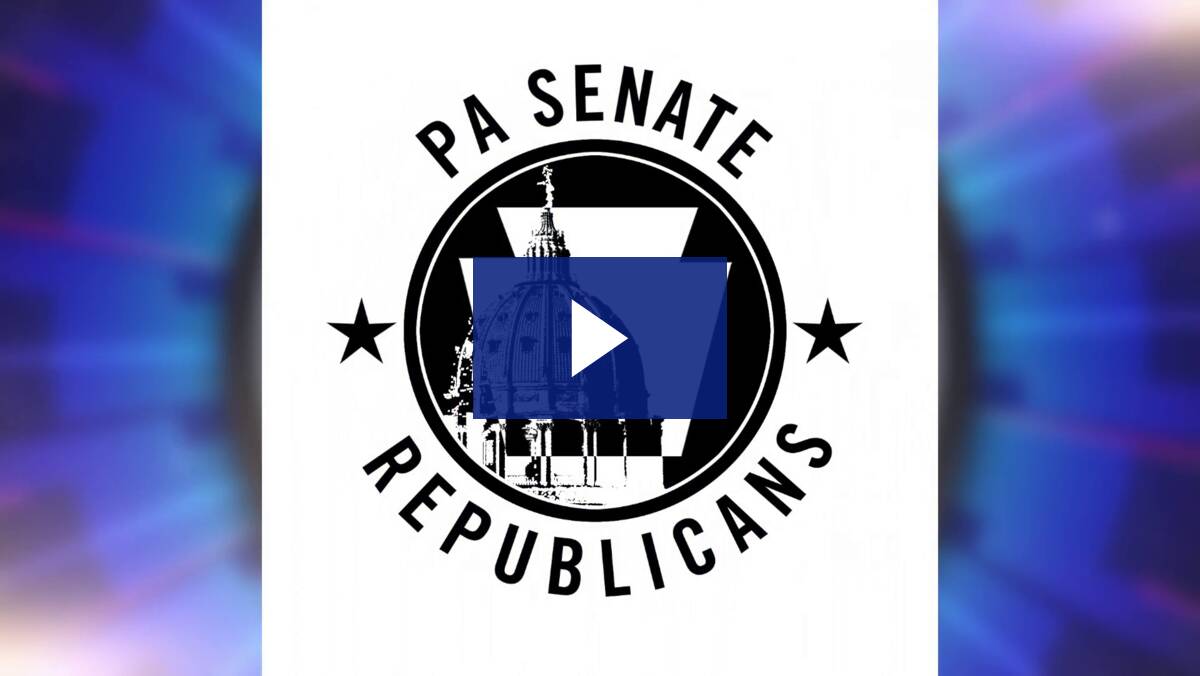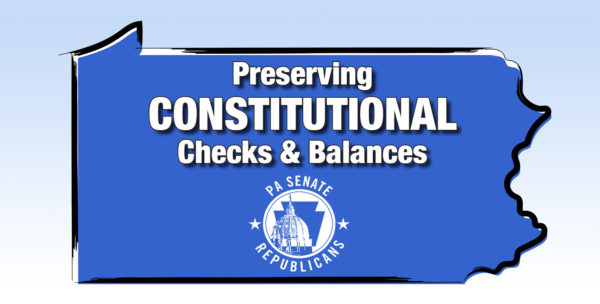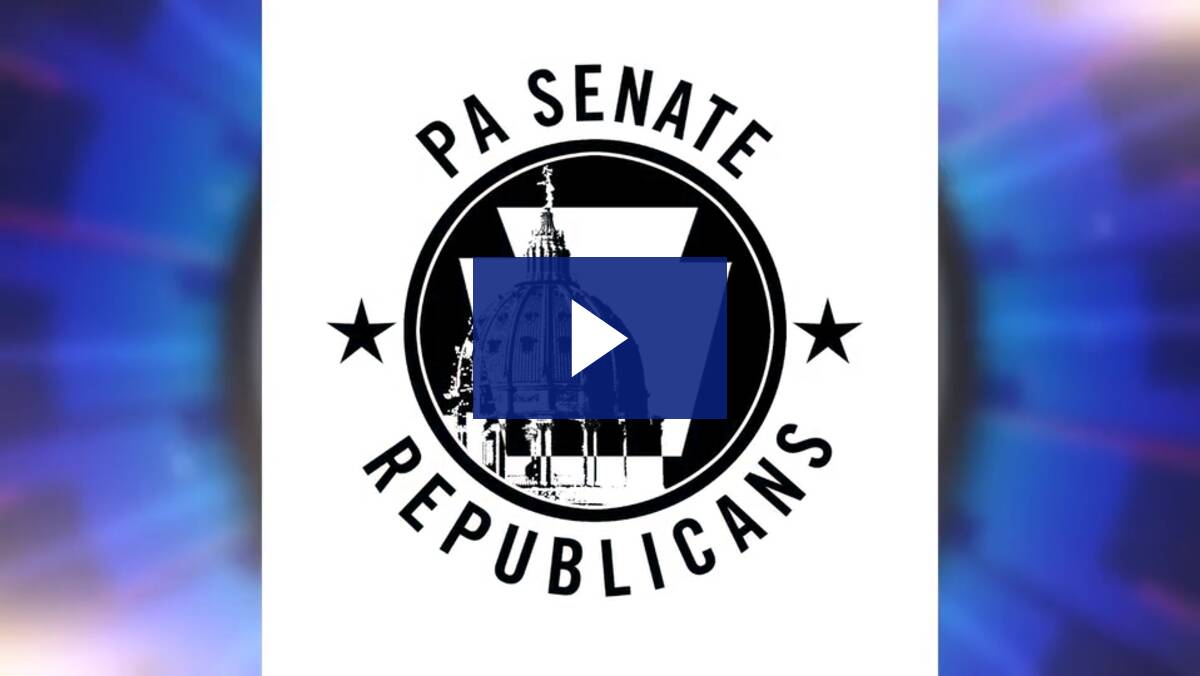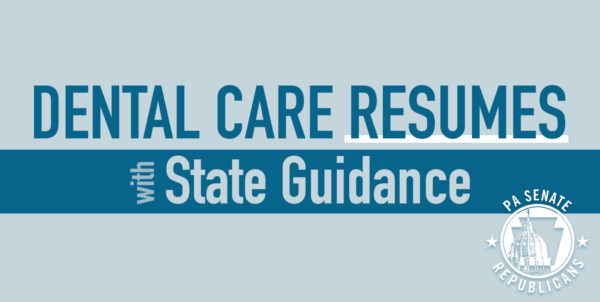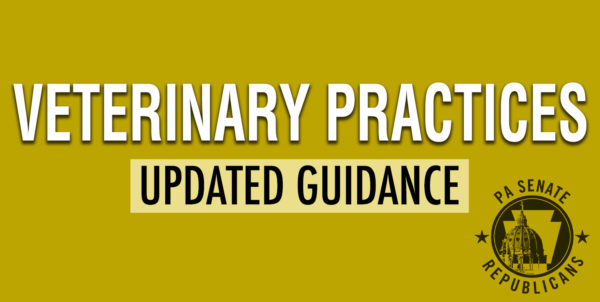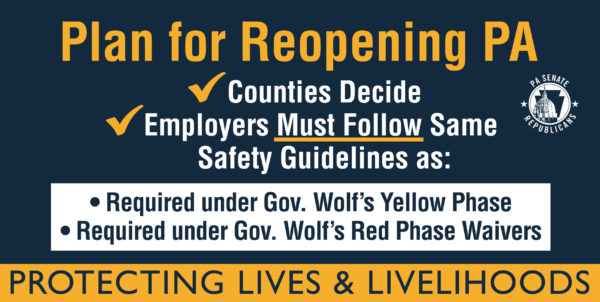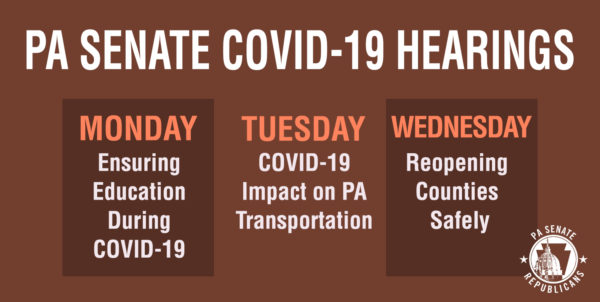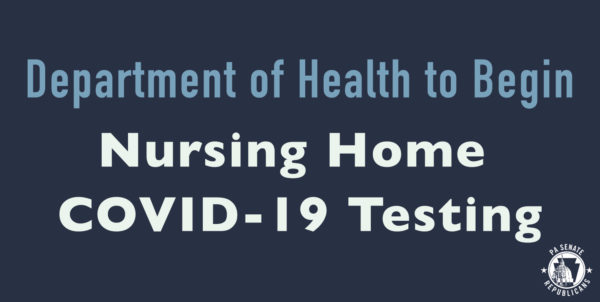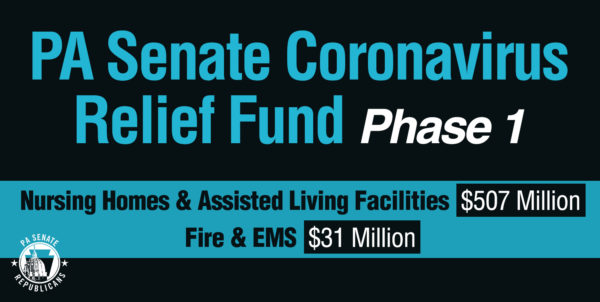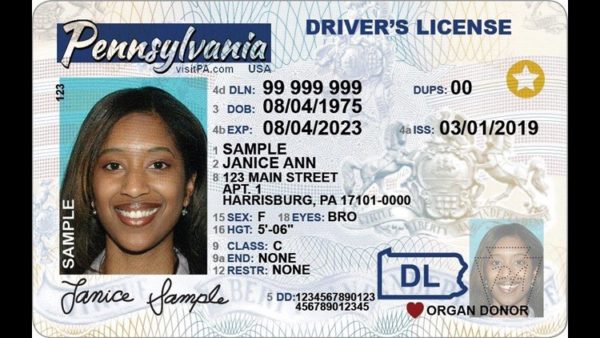
|
||
|
In This Update:
Local Leaders Continue to Advance Their Comprehensive Plan to Safely Reopen Lancaster County
On Thursday, the House of Representatives approved Senate Bill 327, which is a comprehensive response to the pandemic. The bill allows a county’s governing body to develop its own COVID-19 mitigation plan to fit the unique circumstances and needs of their own communities. The plan must be created in consultation with county health and emergency management officials. The bill would also allow businesses to open only if they can comply with the mitigation measures outlined by the U.S. Centers for Disease Control (CDC) and the Pennsylvania Department of Health (DOH). If signed into law, the bill would offer relief to many Lancaster County employers who were forced to close by Governor Wolf and were subsequently denied a waiver from the Department of Community and Economic Development to continue operating. “It is clear from the Governor’s own reopening plan that each region of Pennsylvania is unique, and therefore requires individualized plans to mitigate the impact of this virus on both public health and the economy,” said Senator Ryan P. Aument (R-36). “Lancaster County has demonstrated time and time again that our leaders are able to find local solutions to local problems through collaboration. As such, we have developed a reopening plan together with municipal, county, state, and federal elected officials in partnership with the private sector business community and non-profits that is specifically tailored to Lancaster County.” Read the full press release here. Read unedited, detailed responses from local elected officials to questions posed by LNP regarding the county plan to reopen here. Read the letter local elected officials sent to Governor Wolf last Sunday, along with the press release announcing the letter here. 13 Counties Enter Yellow Phase; 12 More Move to Yellow on May 22
By May 22, a total of 49 Pennsylvania counties will be in the yellow phase of reopening, meaning more businesses can safely open with proper safety measures in place. Thirty-seven counties are already in the yellow phase as of today, while Governor Wolf has announced that 12 more will join them on May 22. According to guidance from the Wolf Administration, all businesses that have been conducting operations through telework should continue to do so in the yellow phase. Businesses that serve the public should seek to conduct business by appointment only whenever possible, observe social distancing guidelines, limit large gatherings, and require all customers and employees to wear masks. Businesses that have questions about reopening should refer to the Department of Health’s Frequently Asked Questions webpage or call the department at 1-877-724-3258. Much more work needs to be done by the Wolf Administration to repair the damage caused by the governor’s shutdown orders. Many more businesses could open and operate safely if given the opportunity to do so with guidance from national health experts. Members of two Senate committees held a joint hearing last week to take a critical look at the governor’s plans to reopen Pennsylvania. Video and written testimony from the hearing are available, and some of the highlights of the hearing are summarized in the video below. Business Waiver List Released, but Wolf Administration Ignores Subpoena for More Info
Because Governor Wolf has repeatedly denied requests to release information about the secretive, arbitrary and inconsistent process of granting waivers to businesses that wished to remain open during the COVID-19 pandemic, members of the Senate Veterans Affairs and Emergency Preparedness Committee issued a subpoena for this information on April 30. Unfortunately, the Wolf Administration ignored this request, as well as its duty to the people of Pennsylvania to be open and transparent about the process that dictated which businesses could stay open and which businesses were forced to close. The Department of Community and Economic Development released a list of 6,066 exemptions that were approved, but the list raised even more questions about the criteria used to determine which businesses were allowed to continue operating. Senate leaders are weighing the next steps to ensure the public can get a better understanding of the Wolf Administration’s process of picking winners and losers during the COVID-19 public health emergency. Appeals Window Extended for Unemployment Claimants Who Were Denied Benefits
Unemployment Compensation (UC) applicants who were denied benefits will have more time to appeal the decision if they believe the denial was incorrect. Under normal circumstances, appeals must be filed within 15 calendar days of the mailing date of the determination of eligibility. However, due to delays created by the COVID-19 pandemic, appeals can be filed indefinitely for determinations issued during the pandemic. More information on filing appeals of a denial of UC benefits is available from the Department of Labor and Industry. The Senate Labor and Industry Committee and the Senate Communications and Technology Committee held a joint hearing last week to dig deeper into the flaws in the UC system that have left approximately 30 percent of all applicants without a single payment during the entire public health emergency, which began in mid-March. Video and written testimony from the hearing are available online, and a short video with highlights from the hearing is available below. New Guidance Issued for Non-Urgent Dental Care
Dental care providers can now resume non-urgent procedures under new guidance from the Department of Health. Providers must comply with CDC guidance, including the use of Personal Protective Equipment, in order to provide care safely. Dental providers are also advised to screen all patients for symptoms of COVID-19 before they arrive at the practice, and tele-dentistry should continue whenever possible. Updated Guidelines Available for Veterinary Practices
Veterinary services have continued to operate throughout the COVID-19 pandemic with precautions in place to avoid spreading the virus. The Department of State recently shared new guidance for veterinary practices to continue to operate safely. The new protocols are based on the American Veterinary Medical Association’s COVID-19 guidelines, which are available below: Minimizing COVID-19 Exposure and Social Distancing in Veterinary Practice Guidelines for Use of Personal Protective Equipment (PPE) COVID -19: What Veterinarians Need to Know Senate Approves Bills to Support Safe, Responsible Reopening of Many Employers
As the number of COVID-19 cases continues to decline, it is important for businesses to begin reopening safely and responsibly in a way that protects employees and customers. I supported passage of a package of bills this week that would give county leaders a strong say in the process and allow more industries to operate under strict guidance from state and federal health experts. One of these bills would give county governments the option to develop and implement individual plans to mitigate the spread of COVID-19. Under the bill, counties would have the authority to reopen some industries shuttered by the governor if they can do so safely. Other bills in the package would authorize waivers for a number of businesses to operate under guidelines that have been proposed by the U.S. Centers for Disease Control and the Pennsylvania Department of Health. Industries included in the bills are: vehicle dealers, lawn and garden centers, cosmetology salons, barber shops, messenger and agent services, animal grooming services, manufacturing operations, legal services and real estate sales activities, as well as the sale of prepared beverages and mixed drinks for off-premise consumption. The package of bills would bring back 200,000 jobs across the state. PA Senate COVID-19 Hearings Explore Impacts on Education, Transportation and Safety
This week, Senate committees continued to examine the Wolf Administration’s response to COVID-19 in regards to education and transportation, as well as the ability to protect vulnerable populations while reopening various industries throughout the state. A hearing of the Senate Education Committee on Monday focused on continuity of education for young people during the COVID-19 pandemic, as well as the path forward for schools to reopen in the fall. Video and Testimony On Tuesday, the Senate Transportation Committee explored the impact of the COVID-19 shutdown on transportation projects, as well as the cost of the shutdown to taxpayers. Video and Testimony The Senate Local Government Committee and the Senate Aging and Youth Committee held a joint hearing on Wednesday to hear testimony from medical experts and county officials about how to protect older Pennsylvanians and others at the highest risk from COVID-19 as counties begin the process of reopening. Video and Testimony The hearings this week come on the heels of a series of four hearings last week that covered topics like Unemployment Compensation problems, efforts to protecting nursing home residents, Wine & Spirts store issues, and the governor’s plan to reopen the state. After Senate Hearing, Department of Health Reverses Course on Nursing Home Testing
In response to a Senate hearing last week that uncovered gross inadequacies in the Wolf Administration’s response to the COVID-19 pandemic, the Department of Health announced this week that it would ramp up testing of staff and residents of long-term care facilities. To date, more than two-thirds of all COVID-19 deaths in the state have been residents of nursing homes and other long-term care facilities. While the Department of Health’s new emphasis on protecting residents and staff of these facilities is a step in the right direction, more work remains to be done to ensure they get the resources and supplies they need. New Funding Provided to Long-term Care Facilities, First Responders
Nursing homes and other long-term care facilities have been a hotbed of activity for COVID-19, and a Senate hearing last week found that these organizations have not been prioritized by the Wolf Administration for testing and Personal Protective Equipment. I voted this week on a bill that would provide critical financial support to long-term care facilities, as well as first responders who risk exposure to the virus every day. The bill would dedicate an additional $507 million to nursing homes and other facilities and programs serving seniors. In addition, a new grant program totaling $31 million would be created to provide a one-time funding boost to fire and EMS companies during the pandemic. The money would come from Pennsylvania’s share of funding from the federal CARES Act. PennDOT Driver Licenses and Photo IDs Can Use Existing Photos
In order to limit the number of people who must visit PennDOT Photo License Centers, the department recently announced that they will use existing photos on file for customers who renew driver licenses and photo ID cards. All customers who renew their driver’s license or photo ID card online or through the mail will receive a new product using the most recent photo of that individual that exists in PennDOT’s system. Individuals who completed a renewal form prior to May 10 will still receive a camera card in the mail and will need to have an updated photo taken. A list of PennDOT office locations that have been reopened is available at www.dmv.pa.gov. Additional Federal Funding Available for SchoolsLocal education agencies can apply now for a share of $523.8 million in one-time emergency funds from the federal government to help schools respond to the COVID-19 crisis. He funding can be used for food service, professional training, technology purchases, sanitization and cleaning supplies, summer and after-school programs and mental health supports. More information and applications are available here. |
||
|
||





Want to change how you receive these emails? 2024 © Senate of Pennsylvania | https://www.senatoraument.com | Privacy Policy |

